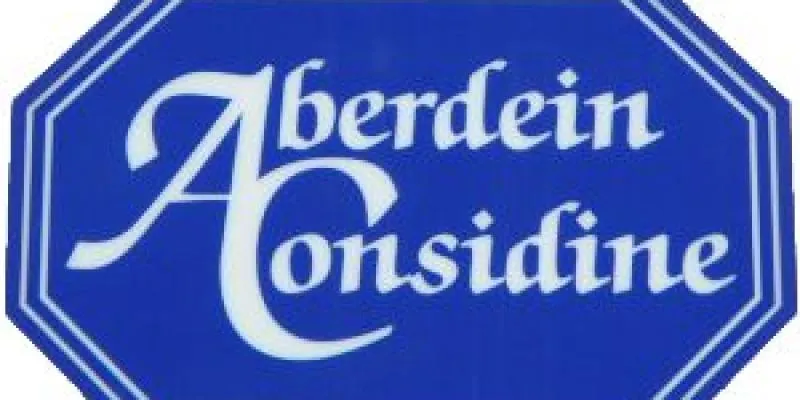The first quarter of 2006 has seen a six per cent increase and the average price of a house in Wales is now £145,026, up on £137,076 a year ago.
The average cost of a Welsh home has inflated more over the first quarter of this year than during the whole of last year, indicating a marked change in the market.
Mid and West Wales saw the largest percentage increases at 8.6 per cent and 7.1 per cent. Cardiff saw the slowest house-price inflation with the average price of a house in the capital at £178,972 marking an annual increase of 1.8 per cent.
Bangor recorded a strong growth at 7.9 per cent to an average house price of £139,814 and Newport similarly saw a 7.2 per cent increase on last year with an average house in the city selling at £153,112.
Tracy Morshead, managing director of Principality Building Society, said: Its certainly a mixed picture. The market could cool following this very strong first quarter similar to the pattern in2005.
However, if house price inflation continues at the same rate there would be an even greater strain on affordability.
Young people are becoming increasingly innovative to get a foot on the housing ladder, but affordability continues to be a real issue in Wales, especially for first time buyers.
Morshead said: They are grouping together with friends to afford to buy and are turning to their parents for financial support. Mortgage lenders are also adapting their products to help first-time buyers.
However, there is a real danger that the increased cost of housing may create a socially divided Wales as those with parents who can afford to help are benefiting while other youngsters are being left behind.
Typically a young couple would place a 10 per cent deposit on a home costing the average of £145,026, leaving them with the need for a mortgage loan of £130,523.
The average gross annual earnings for full-time employees in Wales in £23,628.
Therefore, if one half of a couple was earning the average full-time income and the other earning approximately £16,000, they could be jointly earning £39,628. This would fall short of the £47,507 needed to be able to afford the mortgage in a typical mortgage multiple of three-times joint income.
Also, not all families are average earners and it is becoming increasingly difficult for families with one earner or where individuals are at, or below-average earners to afford a home.
Morshead said: The affordability problems mean first-time buyers are struggling to buy. This would normally lead to a fall in demand for first-time buyer homes, correcting the increase in house prices.
However, as housing is an ever popular investment, the buy-to-let is thriving, helping to fuel the increases in house prices.
Check house prices here


 Buy-to-let
Buy-to-let



















